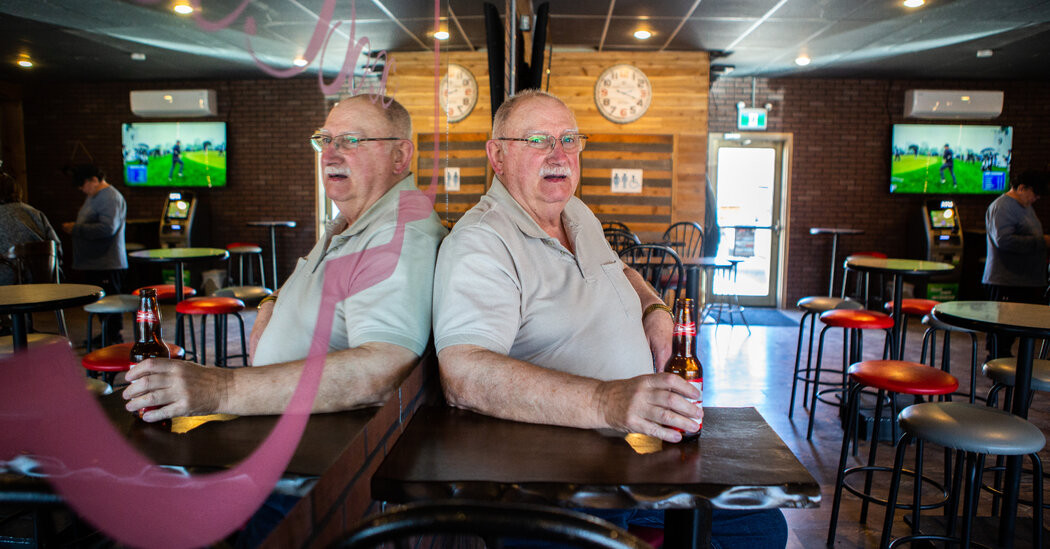

Gerard Comeau fought back after being fined for bringing too much beer into his province. He lost the battle, but may yet win the war.
Some called it the greatest beer run in Canadian history, a beer run for the ages, a beer run that in its very failure provoked questions about nationhood and the identity of Canada itself.
Back in 2012, Gerard Comeau, a power utility lineman, slipped back into his home province of New Brunswick in his Honda Accord with a trunk full of cheap beer bought in Quebec. The police stopped him, confiscated the beer and fined him for bringing too much of it into New Brunswick.
The soft-spoken Mr. Comeau fought back — all the way to the nation’s highest court — because of the questions his case raised. Didn’t Canada’s founding Constitution Act guarantee free trade across the land? Why were there so many barriers inside Canada, with each province and territory acting like fiefdoms? Why was it easier for a brewery in Quebec to export to France than to neighboring New Brunswick? Was Canada even a real country?
“If you’re going to be a country, you’ve got to be open to trade between the provinces,” Mr. Comeau, now 71 and retired, said. “But everybody’s separate right now.”
Though Mr. Comeau lost his case in Canada’s Supreme Court in 2018, recent geopolitical and national developments are nudging Canada in his favor.
Faced with President Trump’s economic tariffs, Prime Minister Mark Carney has made it a priority to remove barriers among Canada’s 10 provinces and three territories — regulations that block the free flow of goods or make it difficult to do business among provinces. Doing so would create a stronger national economy and make Canada less dependent on the United States, he has argued, vowing to launch Canada’s biggest economic transformation since the end of World War II.